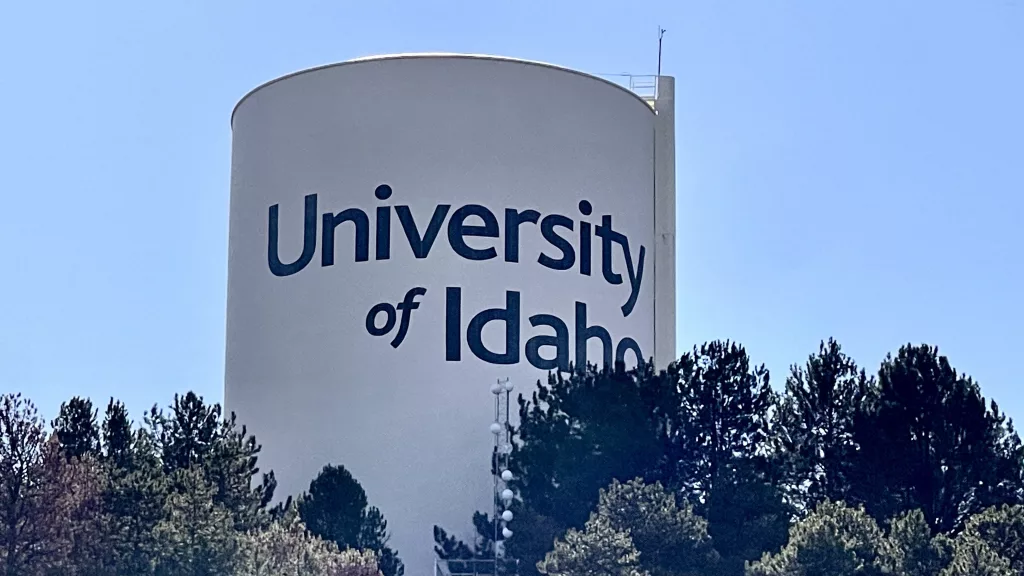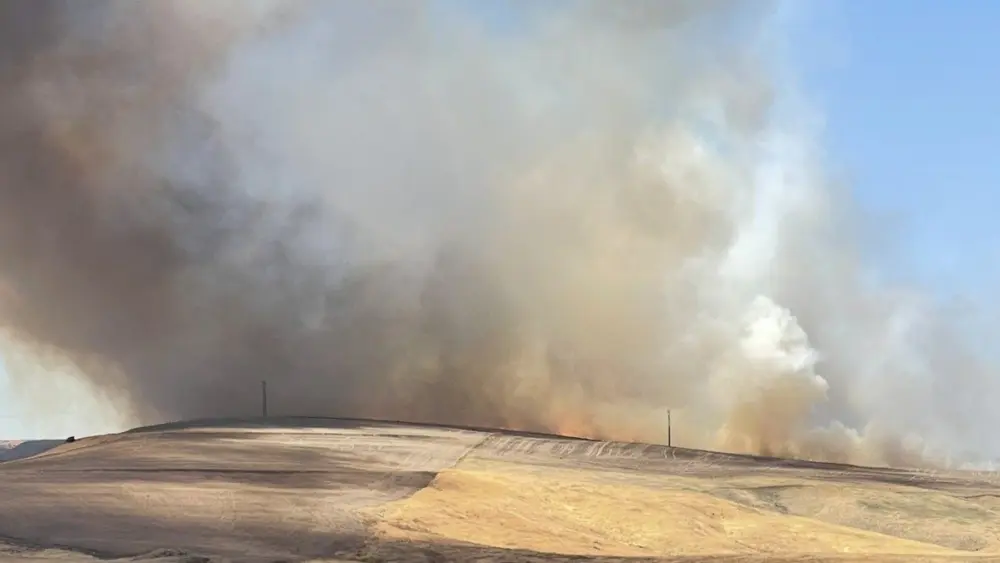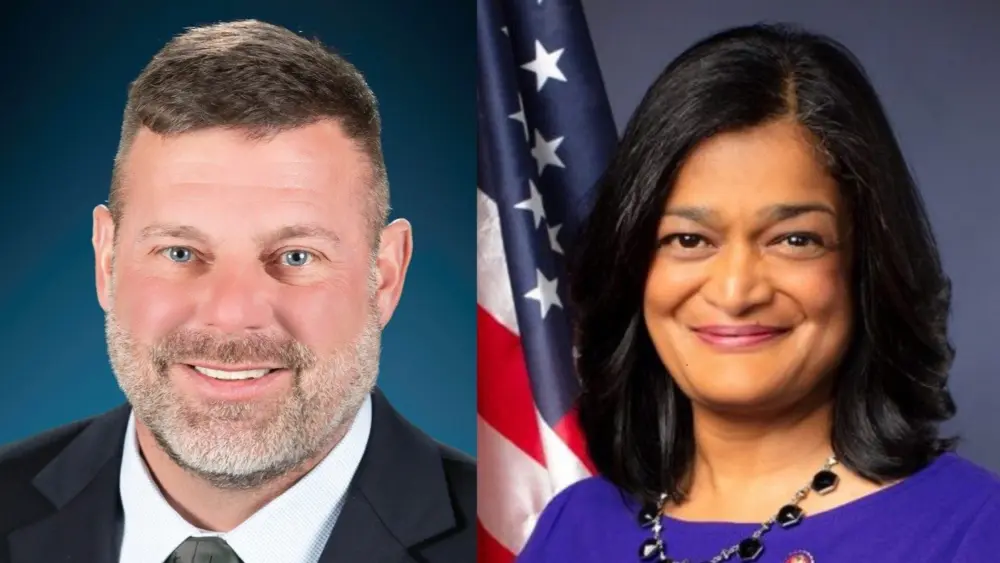Originally posted on IdahoEdNews.org.
BOISE, ID – The State Board of Education has given exemptions for 20 fall college and university programs that would have otherwise violated Idaho’s far-reaching anti-DEI law.
For summer semester, the State Board approved only 11 exemptions.
That isn’t necessarily a trend. It might reflect simple reality: Colleges and universities offer more fall classes than summer classes. However, it illustrates that the Legislature’s sweeping attempt to purge diversity, equity and inclusion programs from campuses will be a long and arduous process.
And a lot of the work of implementation will fall to the colleges and universities themselves.
Senate Bill 1198 contains a hodgepodge of anti-DEI components. One section forbids schools from requiring a student to take a “DEI-related course” in order to receive a degree or certificate.
The law provides some latitude. Colleges and universities can still require a “DEI-related course,” if they have no non-DEI class that is a suitable substitute. That section of the law has set off a scramble that started in summer semester and continued in the fall, with colleges and universities applying for exemptions and the State Board fielding their requests.
The exemptions generally involve the social or behavioral sciences, such as gender and ethnic studies or social work. Here’s a detailed breakdown:
- Boise State University received leeway for seven degree programs or minors, including counseling, counselor education and supervision, ethnic and Mexican-American studies and bachelor’s and master’s programs in social work. Boise State received four summer exemptions. (None of the exemptions involve “University Foundations 200,” a required ethics course that Boise State suspended in 2021 amidst student complaints and Statehouse outcry. University officials say students can choose from numerous classes to meet this requirement, and can avoid any class that might have a DEI component.)
- The University of Idaho received exemptions for six majors, minors and certificate programs — including bachelor’s degrees in sociology and human development and family studies. The exemptions center on one course required in all six programs: “Introduction to Inequality and Justice,” a sociology class. The U of I received only one exemption for summer.
- Idaho State University’s three exemptions cover doctoral programs in counselor education and clinical psychology, and a master’s program in counseling. Idaho State received three exemptions for summer, for a different set of programs.
- Lewis-Clark State College’s two fall exemptions cover a bachelor’s program in social work and a minor in women and gender studies. LC State received identical exemptions for the summer.
- The College of Southern Idaho has two fall exemptions, for social work and sociology. CSI did not seek exemptions this summer.
- The College of Western Idaho has a request pending with the State Board, for an exemption in social work. CWI received an exemption in social work for summer.
The State Board is downplaying the increase.
“More courses are offered in the fall than in the summer,” the State Board said in response to written questions from EdNews. “The increase is not significant.”
The State Board said the increase also reflects a “thoughtful” and collaborative process. The board and the colleges and universities worked to identify DEI-related courses needed to meet requirements for a degree or academic certificate.
As a result, the State Board granted every request for a summer or fall exemption.
“In each case, no practical or financially viable alternatives were readily available,” the State Board told EdNews.
This week, a co-sponsor of SB 1198 said she was surprised by the number of fall exemptions. But she also pointed out that the law specifically allows for exemptions, on a limited basis.
“If they’re using it properly, none of us are going to have a problem,” Rep. Judy Boyle, R-Midvale, told EdNews. “If they’re not, if they’re stretching the limit to the end, then we’re not going to be happy.”
The State Board and the colleges and universities haven’t had much time to tailor course catalogs to the new law. The Senate passed SB 1198 on April 4 — the final day of the 2025 session, and a little more than a month before the start of summer classes. The law’s July 1 effective date landed right in the middle of summer semester, and less than two months before fall semester.
In time, the colleges and universities will be able to look more thoughtfully at their DEI-related courses, and “what are we requiring and why,” State Board Executive Director Jennifer White said at an August board meeting. This, in turn, could affect the exemption numbers.
“(We expect) exemption requests to decrease over time,” the State Board said in its written responses to EdNews. “As institutions continue to review their program requirements and build alternative pathways, the need for exemptions should become less frequent.”
The State Board’s response will fall largely to White, who was hired in April, pending Senate confirmation. White was one of Boise State’s lobbyists during the 2025 session, and was a regular at hearings on SB 1198. White knows exactly what the Legislature had in mind, Boyle said.
“I think she will be careful to follow the law, Boyle said. “She’s an attorney. She understands this very thoroughly. And the last thing she would want to do as a new employee is get the State Board down the wrong track.”
Still, SB 1198 reaches far beyond curriculum. It prohibits DEI-based hiring or admissions. It bans colleges from setting up DEI offices and employing DEI officers.
The summer and fall course exemptions were a high priority, landing other pieces of the law on the back burner. Universities are putting training programs on hold while reviewing the law’s ban on diversity training. Another unfinished job — also required under the law — is a two-year review of any previous programs, hires or courses that would have violated SB 1198.
“The institutions are still working through the collection of that information,” White told State Board members in August.
During that same meeting, Idaho State President Robert Wagner said his staff had put hundreds of hours into SB 1198 compliance, just over the summer. “The implementation of this law has represented a lot of work.”
That work goes beyond the course catalog. And it won’t end any time soon.
Kevin Richert writes a weekly analysis on education policy and education politics. Look for his stories each Thursday on IdahoEdNews.org.





